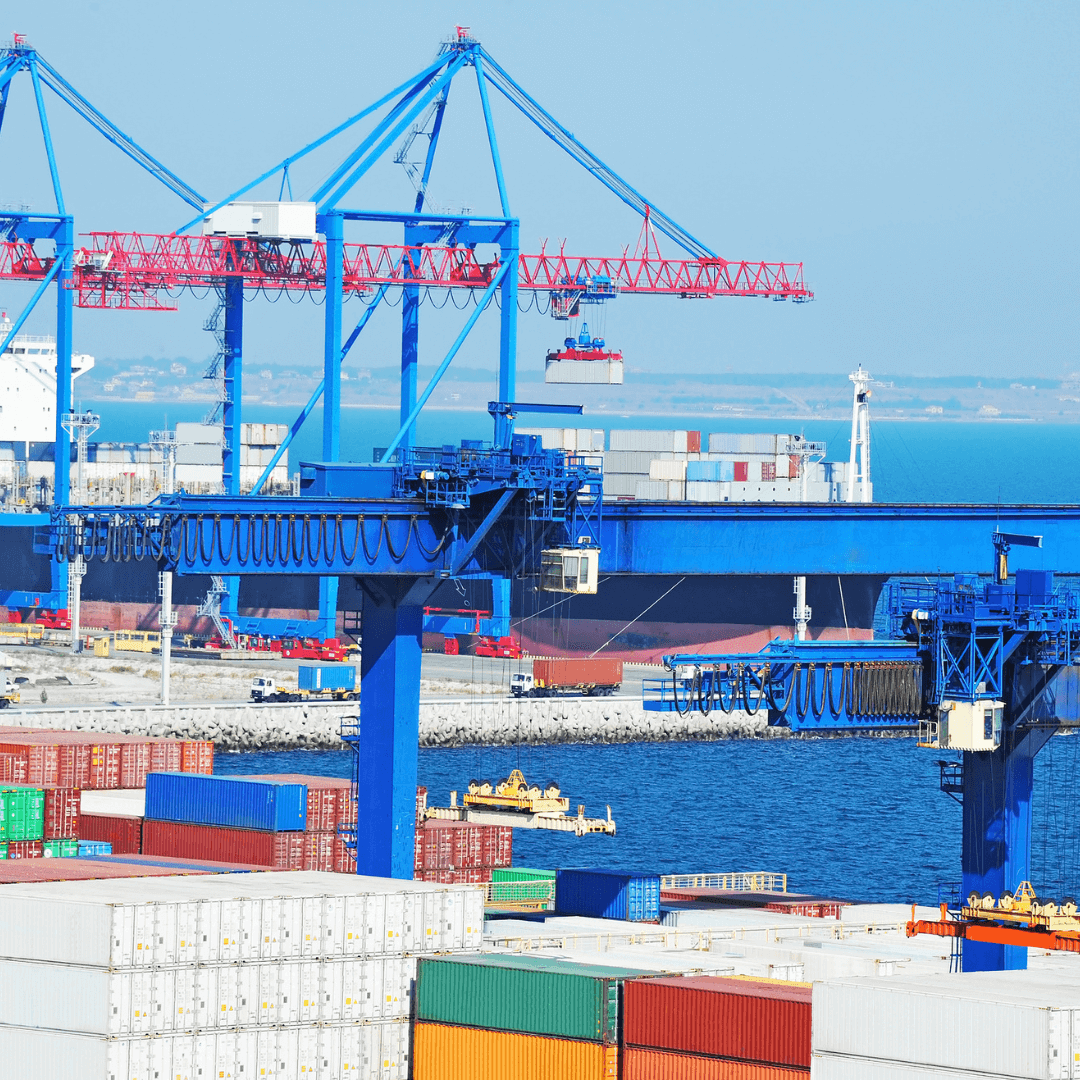
Biden Administration Introduces Foolish New Tariffs on Tin-Mill Steel
David B McGarry
September 7, 2023
Many industries find it far easier to lobby Washington for special protections and cronyism than to best their competition in the market. They exert potent and targeted pressure on key officials, often obtaining crony policy concessions that, while providing some limited benefit to the petitioners, slow America’s economic growth generally. This is the playbook being used by businesses urging more tariffs.
Incited by steelmaker Cleveland-Cliffs and the United Steelworkers union, President Joe Biden’s Department of Commerce (DOC) has preliminarily announced tariffs on three countries’ tin-mill steel, the metal from which American manufacturers make food cans. DOC set rates at 7.02 percent and 5.29 percent for German and Canadian tin-mill, respectively. The far higher rate set for Chinese imports, 122.52 percent, resulted in part from Chinese obstructionism, according to a federal official.
The Biden administration predicated these new duties on a finding that “imports of tin mill products…are being unfairly priced, i.e., dumped, into the U.S. market.” However, the investigation has proceeded far better for free trade than it seemed poised to. Commerce largely rebuffed Cleveland-Cliffs and the United Steelworkers petitions. It declined to impose antidumping duties on five of the eight total countries it investigated, and the announced rates stand well below maximum rate the petitioners sought.
Fretting about unfair pricing and product dumping greatly distorts the tin-mill industry’s status quo. This debacle reflects, rather, the unsavory sway economically interested groups attempt to exert over U.S. trade policy.
The American tin-mill industry’s travails stem less from foreign competitors – who seek merely to provide useful goods to eager consumers stateside – than overall market conditions and Trump-era tariffs on components of tin-mill such as so-called “blackplate.” Following the latter’s imposition, the tin-mill industry (staggered by inflated input costs) cratered. Domestic capacity to manufacture tin-mill products wilted by 25 percent from 2017 (the year prior to the tariffs’ imposition) to 2022, during which period imports rose by 17 percent.
The Wall Street Journal (WSJ) reports that can makers and food companies, on whom the announced tariffs’ costs will largely fall, protest that “tin-mill imports have increased because U.S. steelmakers don’t meet their needs, not because of cheap foreign products.” WSJ adds that “They said Cleveland-Cliffs doesn’t produce the tin-mill for the most popular type of products: two-piece cans that are stackable and sturdier and can accommodate easy-open tops.”
Cleveland-Cliffs and others have neglected tin-mill manufacturing to favor steel products with higher margins. Indeed, tin-mill comprises only one fiftieth of Cleveland Cliffs’ steel sales. But the company nonetheless solicited a corporatist handout from Washington – consumers and downstream manufacturers be damned.
Tariffs and other trade barriers, like any sort of central planning, invariably generate economic inefficiencies that on net reduce prosperity. While protected industries benefit from artificially high, tariff-secured prices – though less than tariff advocates often claim – the businesses and consumers who buy their products must pay those inflated prices. A Tax Foundation model estimates that tariffs championed in recent years by Presidents Donald Trump and Joe Biden “will reduce long-run GDP by 0.21 percent, wages by 0.14 percent, and employment by 166,000 full-time equivalent jobs.”
Free traders may object rightfully to the announced tin-mill tariffs. But had the Biden administration acceded more fully to Cleveland-Cliffs and United Steelworkers’ self-interested demands, far more economic mayhem would have ensued.
David B. McGarry is a policy analyst at the Taxpayers Protection Alliance.
